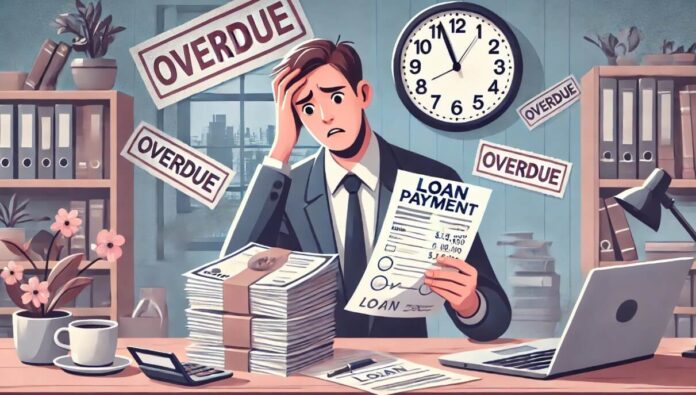To be able to keep your financial health and obtain some benefits, you should make sure that you manage your payment of loans in a proper way. However, failure in loan repayments can have both short term and long term repercussions on your life. This blog post will look at the options for people who default on loan payments.
Understanding Delinquency Penalties
Any missed payment is regarded as delinquency by the lenders. While one overdue payment might not affect all options immediately, persistent delinquencies may bear high consequences. Below are the different things that cannot be available if you go behind schedule.
1. Loan Refinancing and Modification
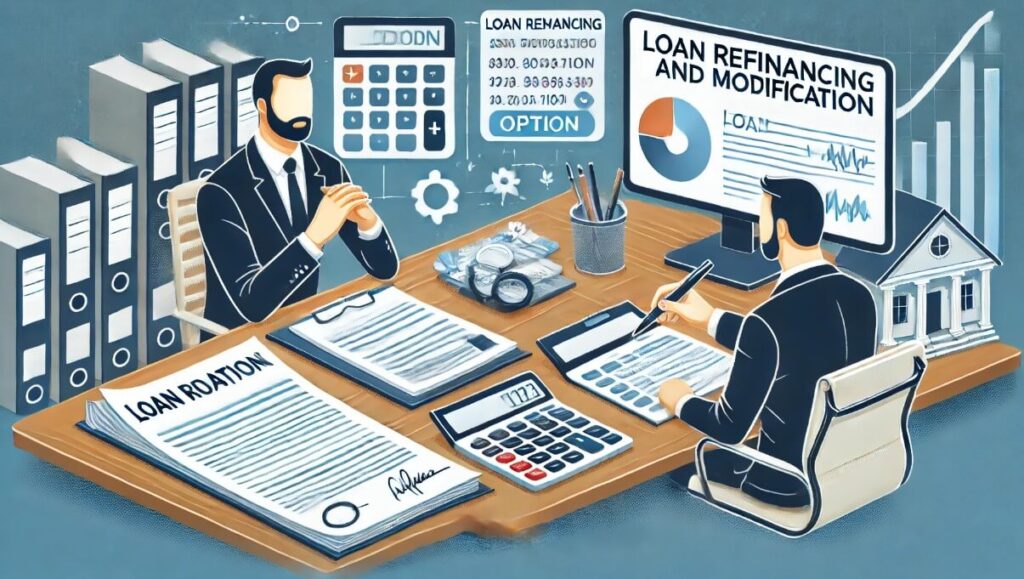
Refinancing or modifying your loan terms is usually one of the earliest privileges to disappear when you lag behind in payments. Usually, before a lender would agree to reduce interest rates or extend repayment periods, they ask for good payment history.
Take mortgage loans as an example, if your credit report shows late payments, they may deny you refinancing. In order to still be able to refinance in the future you will have to maintain a rock solid payment history.
2. Access to New Credit or Loans
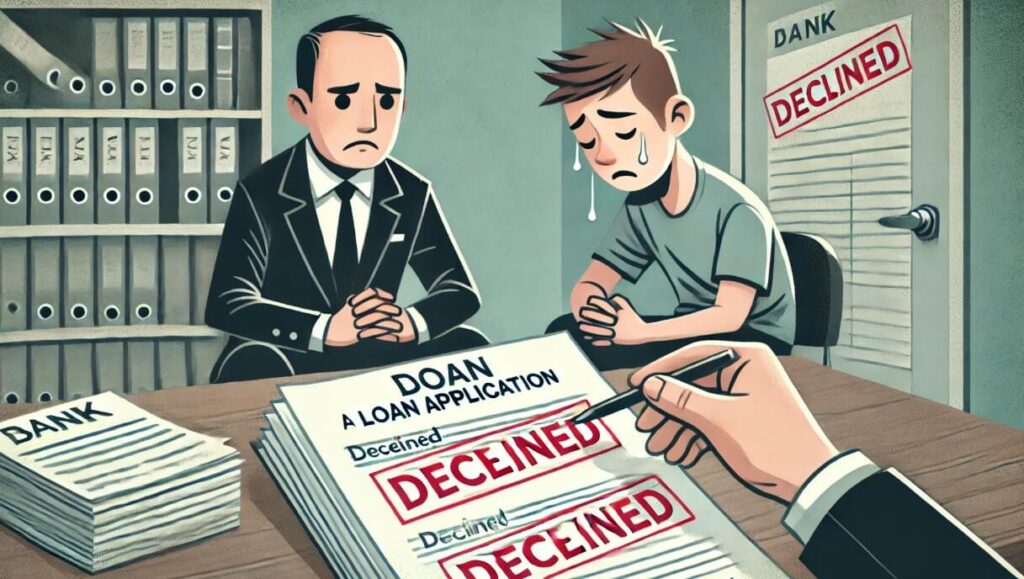
If you default on existing loans it becomes difficult for one to access any further credit. Borrowers with a record of nonpayments are often considered by lenders as high risk candidates and this makes them unwilling to give new loans or even credit cards.
3. Benefits Associated with Good Standing
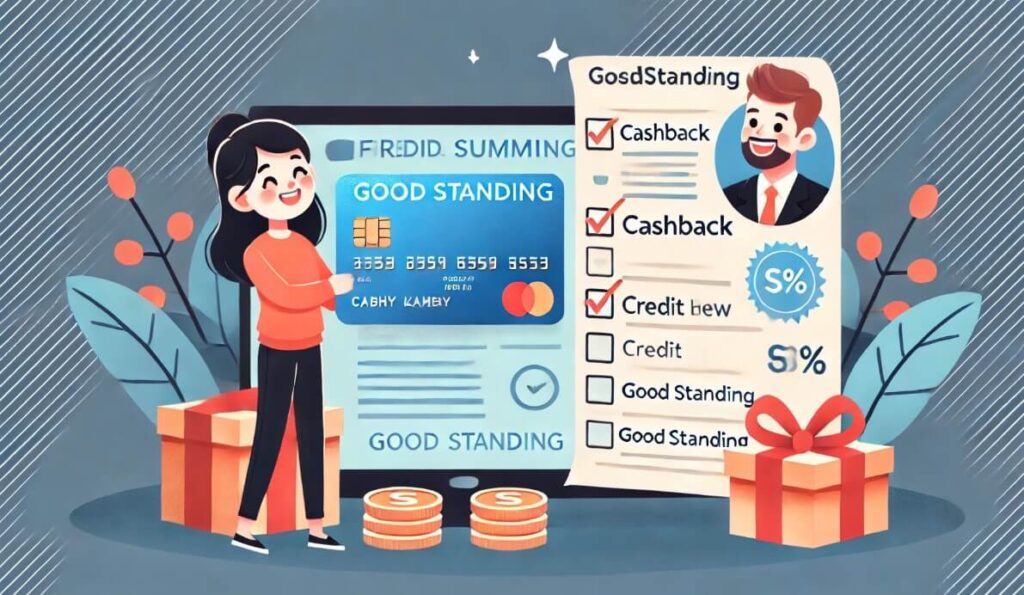
Some lenders provide borrowers who are in good standing with incentives such as cashback, fee waivers or reduced interest rates. Missing out on loan repayments will result in the loss of these benefits.
For example, failure to meet your payment requirements can lead to a withdrawal of your rewards points by some credit card companies and an increase in annual fees. These rewards are usually used as an encouragement for timely payments and can be lost when one defaults on a loan.
4. Eligibility for Forbearance or Deferment
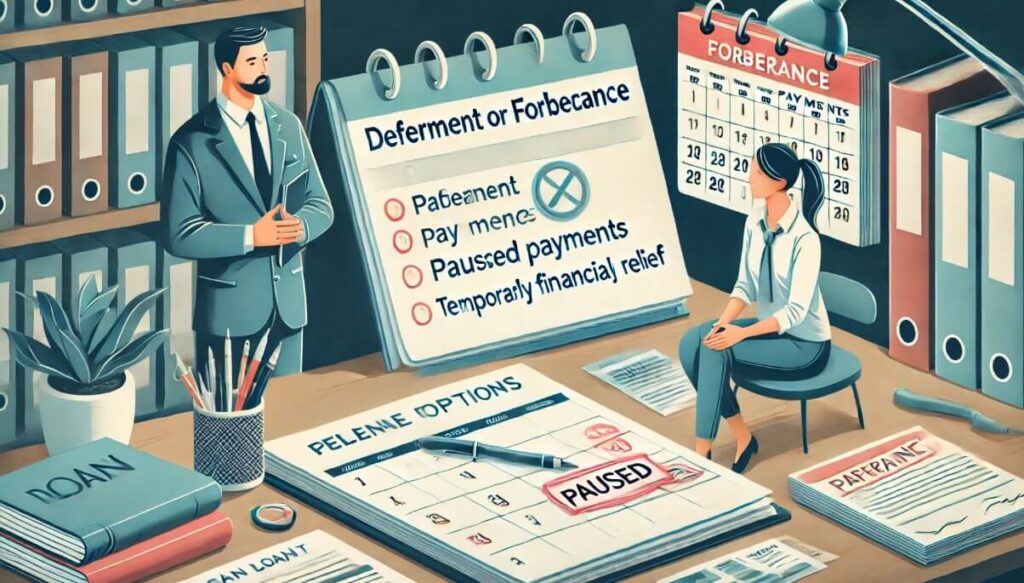
Forbearance and deferment, frequently applicable to educational loans and house mortgages, allow people to halt paying when they are experiencing financial difficulties. Nonetheless, it is generally restricted to those with clean records.
You may be disqualified from accessing these privileges if you default on multiple occasions. According to this piece of writing on financial hardship, the most important thing is early communication with lenders so that one can secure these alternatives before falling into delinquency.
5. Favorable Terms in Loan Negotiations
When you fall behind on your repayments you lose bargaining power with the lender for better terms. It might not be possible for example to have your loan restructured so that it comes with lesser monthly payments or reduced interest rates if the lender sees you as a risk.
6. Protection Against Repossession or Foreclosure
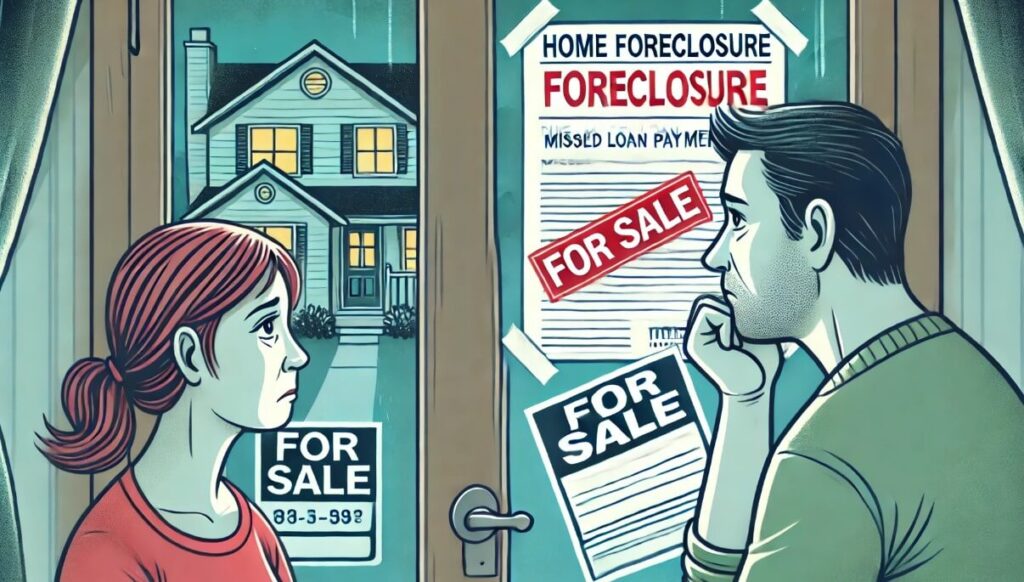
Secured loans like car advances and mortgages are guaranteed by assets. When they fail to make timely repayments, the security serves as collateral or leads to home foreclosure process initiated by lenders such as banks.
For instance, auto lenders typically begin the repossession process after 60–90 days of delinquency.
7. Healthy Credit Score
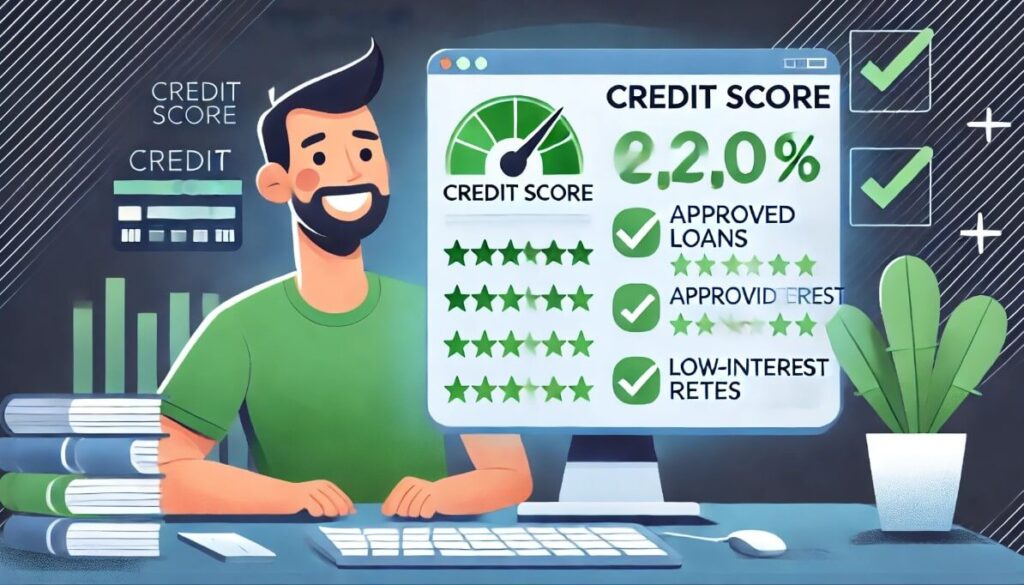
One significant impact of loan delinquency is that it destroys your credit score. Several points will be deducted from your score because lenders report all late payment to credit bureaus. A low credit score could hamper your chances of borrowing in future and also increase cost of borrowing through high interest rates.
Comparison of Benefits for Borrowers in Good Standing vs. Delinquent Borrowers
| Options/Privileges | Good Standing | Delinquent |
|---|---|---|
| Loan Refinancing | Available | Unavailable |
| Access to New Credit | High Approval Chances | Low Approval Chances |
| Rewards and Incentives | Retained | Revoked |
| Forbearance/Deferment | Eligible | Ineligible |
| Credit Score | Positive Impact | Negative Impact |
| Protection from Repossession | Secured | At Risk |
FAQs
1. How long does it take for delinquency to affect my credit score?
The delinquency will be sent to credit bureaus after thirty days of missing payments which greatly affects the number.
2. Can I still apply for forbearance after missing payments?
You may apply for forbearance, but approval depends on the lender’s policies and your current account standing.
3. What happens if I ignore loan payments for an extended period?
Ignoring payment leads to collections, lawsuits, repossession or foreclosure this depends with type of loan.
4. Are there legal protections for borrowers behind on payments?
Some jurisdictions offer legal protections, such as mandatory mediation before foreclosure, but these vary widely.
5. Can delinquency on one loan affect my other accounts?
Yes, missed payments on one account can reduce your credit score, potentially impacting terms on other accounts.
Conclusion
Due to falling behind in mortgage repayments, there are severe consequences such as inability to refinance, repossessions and foreclosure. It is important for anyone behind loan payments to know what options they will not have. In case of any financial hardships, communicate with the lender immediately before it’s too late. Take measures that can save your financial future by avoiding the complexities of delinquency.

